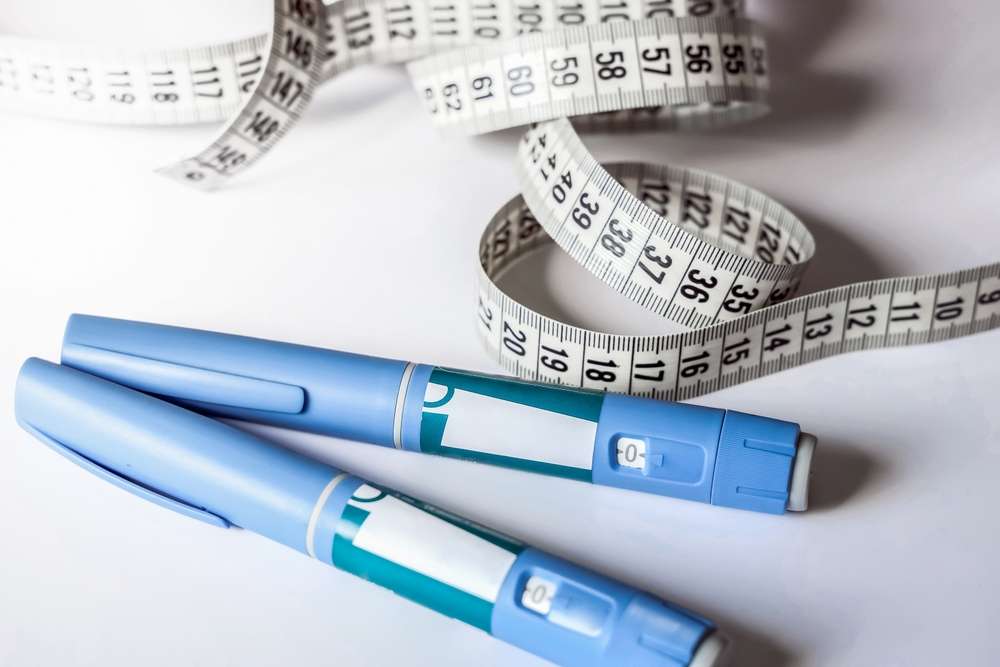What You Need to Know About ED Might Surprise You
ED is a common condition that affects millions of men worldwide. It is characterized by the inability to achieve or maintain an erection sufficient for satisfactory sexual performance. ED can significantly impact a man's self-esteem, relationships, and overall quality of life. Exploring these lesser-known options provides hope and an improved quality of life for men grappling with ED.

What is ED and how prevalent is it?
Erectile dysfunction, commonly known as ED, is the inability to achieve or maintain an erection sufficient for satisfactory sexual performance. While many associate ED with older men, it can affect males of all ages. Surprisingly, ED is more prevalent than you might think. Studies suggest that approximately 30 million men in the United States alone experience some form of ED. The prevalence increases with age, with about 40% of men affected at age 40 and nearly 70% by age 70. However, it’s important to note that ED is not an inevitable part of aging and can often be treated successfully.
What are the common causes of ED?
The causes of ED are diverse and can be both physical and psychological. Some of the most common physical causes include:
-
Cardiovascular issues: Heart disease and high blood pressure can restrict blood flow to the penis.
-
Diabetes: This condition can damage nerves and blood vessels necessary for erections.
-
Hormonal imbalances: Low testosterone levels can contribute to ED.
-
Neurological disorders: Conditions like multiple sclerosis or Parkinson’s disease can affect nerve signals.
-
Certain medications: Some antidepressants and blood pressure medications can cause ED as a side effect.
Psychological factors also play a significant role in ED. Stress, anxiety, depression, and relationship problems can all contribute to erectile difficulties. Surprisingly, performance anxiety itself can create a cycle of ED, where the fear of not being able to perform leads to continued issues.
How can you recognize the symptoms of ED?
Recognizing the symptoms of ED is the first step towards addressing the issue. While the primary symptom is the inability to achieve or maintain an erection, there are other signs to watch for:
-
Reduced sexual desire
-
Difficulty getting an erection even when stimulated
-
Inability to maintain an erection during sexual activity
-
Experiencing occasional ED that becomes more frequent over time
It’s important to note that occasional difficulty with erections is not necessarily a cause for concern. However, if these issues persist or worsen over time, it’s advisable to consult a healthcare professional.
What natural treatments are available for ED?
While medical treatments for ED are widely available, many men are interested in natural approaches to managing their condition. Some surprising natural treatments that have shown promise include:
-
Lifestyle changes: Regular exercise, maintaining a healthy weight, and quitting smoking can significantly improve erectile function.
-
Dietary adjustments: A diet rich in fruits, vegetables, whole grains, and lean proteins may help reduce the risk of ED.
-
Stress reduction techniques: Practices like meditation, yoga, or regular relaxation exercises can help manage stress-related ED.
-
Herbal supplements: Some herbs like ginseng and yohimbine have been traditionally used to treat ED, though their effectiveness varies.
-
Acupuncture: This traditional Chinese medicine technique has shown potential in treating ED in some studies.
It’s crucial to consult with a healthcare provider before trying any natural treatments, as some may interact with existing medications or health conditions.
Are there innovative medical treatments for ED?
The field of ED treatment is constantly evolving, with new and innovative approaches emerging. Some surprising developments include:
-
Shockwave therapy: This non-invasive treatment uses low-intensity sound waves to improve blood flow to the penis.
-
Stem cell therapy: Although still in experimental stages, this treatment aims to regenerate erectile tissue.
-
Gene therapy: Researchers are exploring ways to deliver genes that could help in the production of proteins necessary for erections.
-
Platelet-rich plasma (PRP) injections: This treatment uses a patient’s own blood platelets to promote tissue regeneration.
While these treatments show promise, many are still in research phases and may not be widely available or approved for general use.
What are the psychological impacts of ED?
The psychological impact of ED often surprises many. Beyond the physical aspects, ED can significantly affect a man’s mental health and relationships. It can lead to:
-
Low self-esteem and loss of confidence
-
Depression and anxiety
-
Relationship stress and communication issues
-
Avoidance of intimate situations
-
Overall reduced quality of life
Addressing these psychological aspects is crucial in managing ED effectively. Many healthcare providers recommend counseling or therapy alongside medical treatments to address the holistic impact of ED.
In conclusion, erectile dysfunction is a complex condition with various causes, symptoms, and treatment options. While it can be a challenging issue to face, understanding ED and the many available approaches to managing it can provide hope and improve quality of life for those affected. Remember, ED is a common and treatable condition, and seeking help from healthcare professionals is an important step in addressing it effectively.
This article is for informational purposes only and should not be considered medical advice. Please consult a qualified healthcare professional for personalized guidance and treatment.




